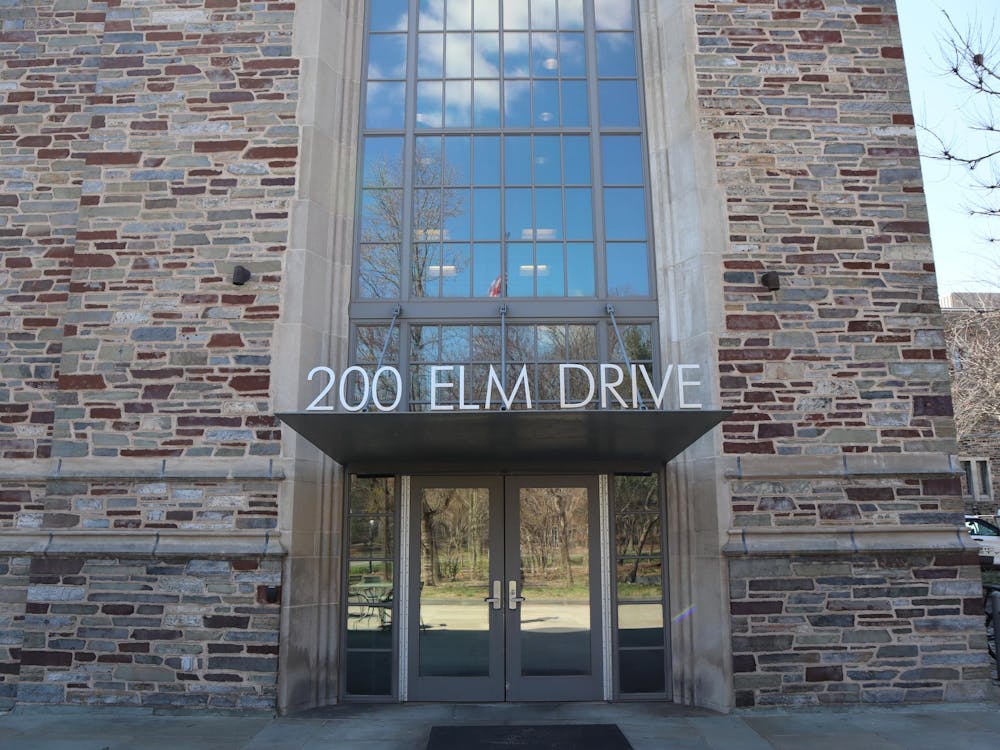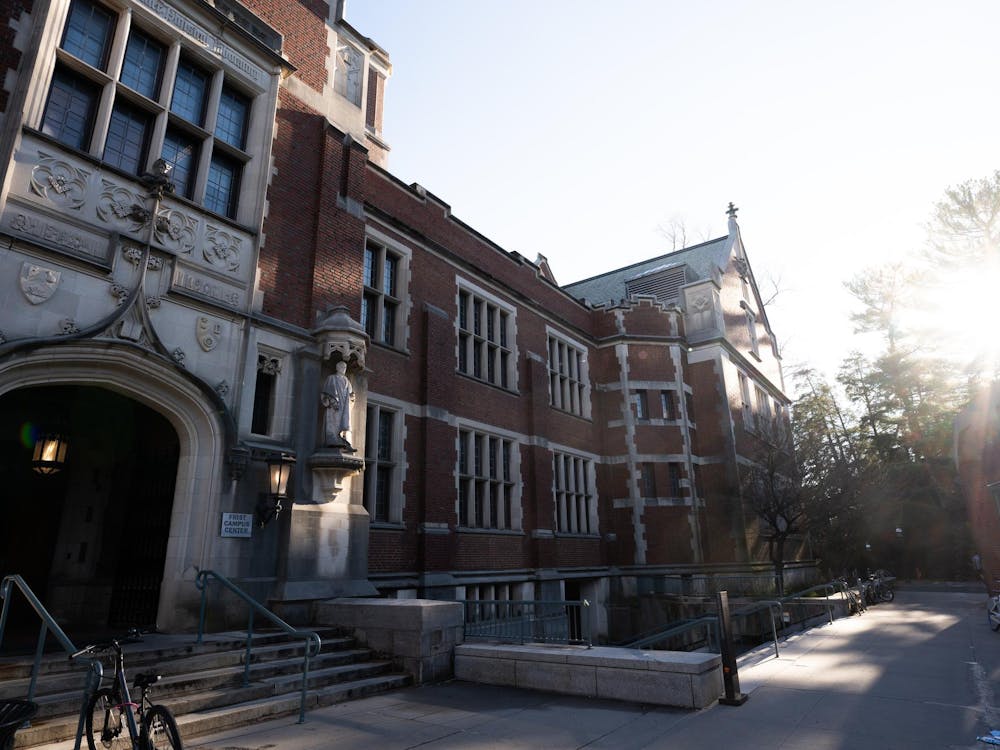“How are we going to disseminate knowledge in the future? If we can disseminate knowledge for free, isn’t that what we’re supposed to be doing? Isn’t that the purpose of a university?” computer science professor Robert Sedgewick asked in a lecture on Thursday afternoon.
Sedgewick pushed for the importance of keeping abreast of the changing landscape of higher education with the advent of new technology. The lecture, delivered in the Computer Science Building, focused on the role of massive open online courses, or MOOCs, for universities today.
Sedgewick, who teaches four courses on algorithms and analytic combinatorics on the Coursera platform, called MOOCs “a terrific opportunity for us to disseminate knowledge and expand our reach.” He praised the courses for allowing professors to prepare detailed and highly visual presentations using programs such as Keynote, which he said results in higher production values.
“Online courses are better than the ones that are offered now,” he said.
This lecture came in the wake of sociology professor Mitchell Duneier’s recent decision to leave the Coursera platformafter he was asked to license his content to other universities. Sedgewick, though, said that he sees the spread of content to other institutions as a sign of progress.
“Does it make sense to have hundreds of people or thousands of people around the world trying to prep the same lecture on introductory calculus … when you could have somebody great do a lecture that everyone could use?” Sedgewick asked. He said that the MOOC course format will even work well with upper-level classes, such as his own on analytic combinatorics, in which over 10,000 students enrolled last year.
Sedgewick acknowledged the possibility that other universities could replace faculty with MOOCs. “That’s something that we’re discussing right now,” he said. However, he said that he thinks it’s unlikely that universities will fire professors to cut costs.
Rather, he said he envisions a future in which schools use “blended models” of learning, in which he and other respected professors produce MOOCs, and professors at other schools ensure that their students understand the material covered.
He cautioned that if universities fail to keep up with online education, they may fall behind.
“There are no more records, no more newspapers. What about books? And what about libraries? What about universities?” Sedgewick asked.
He argued that MOOCs —and online education in general —should be at the forefront of the university’s priorities.

“You need to invest in this at the scale that you’re investing in the library.” He added that “Some institutions are gearing up to do that, and those are the ones that are going to win. Can you afford not to embrace online education?”
Even though it is still unclear what presence MOOCs will have in higher education, Sedgewick said, it’s clear that they will be part of the new landscape. To other professors who continue to teach the old-fashioned way, Sedgewick offered this warning: “Your students are already watching my lectures.”








